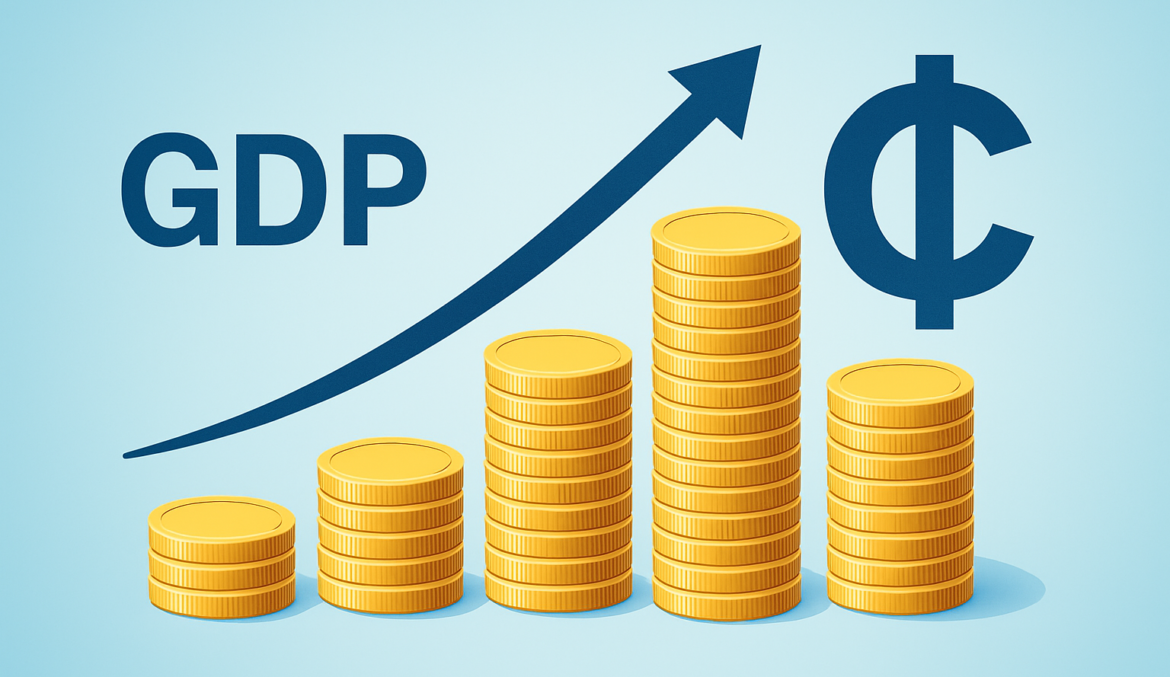Having previously been in the driver’s seat, President John Dramani Mahama was able to hit the ground running after he was sworn in for his second stint as president, having earlier won the presidential elections in a landslide victory and knowing fully well that the expectations of Ghanaians of him were very high.
Dramani inherited a very fragile economy with public debts surpassing 80% of the country’s GDP and an inflation rate of 24% as of December 2024, just before he took over the reins of power. Corruption in public office was also rife. Dramani knew that something drastic needed to be done about it if he was to succeed in his quest to turn around the Ghanaian economy
To strengthen his stance on fighting corruption within his government, President John Dramani Mahama launched a code of conduct as a guiding document to regulate the conduct of his appointees, while also subjecting himself to the code of conduct to send a strong message that he was serious about fighting corruption in his government. All political appointees were also requested to declare their assets to ensure transparency within the government.
The economic reforms of Mahama’s administration have also attracted significant foreign investment, boosting Ghana’s international reserves from $8.9 billion in December 2024 to $10.6 billion by April 2025. This influx of foreign exchange, coupled with the prudent fiscal policy of the administration, has helped restore macroeconomic stability and build investor confidence, which resulted in the Cedi’s appreciation against the dollar and other major currencies.
The Cedi’s strengthening, which is an unusual feat for African countries, is a direct fallout of the administration’s economic reforms. With increased foreign exchange inflows and sound macroeconomic policies, which boosted investor confidence in the Ghanaian economy, the Cedi gained value against major currencies. This stability has also led to a slight drop in the prices of goods and services, thus providing relief to Ghanaians.
Despite the early wins with the economy as demonstrated by increased economic growth and appreciation in the value of the Cedi, President John Dramani is not done yet as he plans to launch his flagship economic transformation program on the 2nd of July 2025, which he aptly named the 24hr Economy and the Accelerated Export Development Program.
The program is designed to transform, incentivize, and stimulate the private sector to invest more in the productive sector in Ghana to create more jobs and prosperity for all Ghanaians. Key components of the program include a 24 Hour Supply Chain, Grow-Ghana, resetting the mind-set of Ghanaians, Aspire 24 Hour, and Go-Ghana. The policy document of the program would also be submitted to the parliament for debate, so it will have the buy-in of all arms of the government.
While Mahama’s economic reforms have shown positive results, Ghana’s economy still faces challenges, including a dependence on external factors and the need for sustained economic growth. Nevertheless, the government’s efforts to diversify the economy and promote sustainable development are expected to drive growth and stability in the long term.
Overall, John Dramani Mahama’s economic reforms have contributed to the appreciation of the Ghanaian Cedi and driven economic growth. His administration’s commitment to sound macroeconomic policies and strategic economic management practices has laid a solid foundation for Ghana’s economy, and the future certainly looks very bright.
Oshobi, a development economist, management consultant, and author, writes from Lagos, Nigeria.

